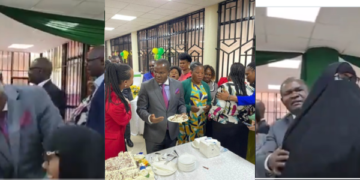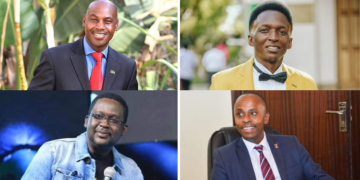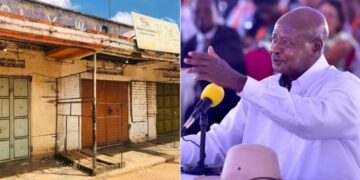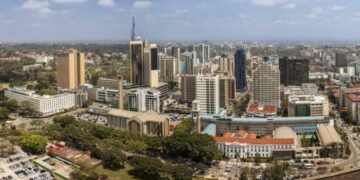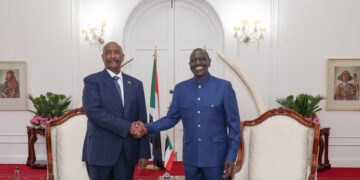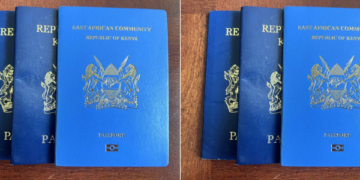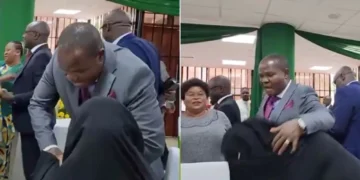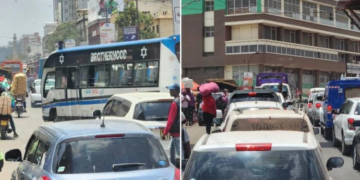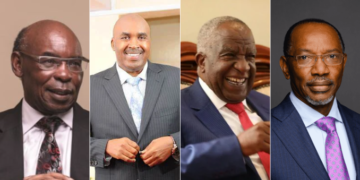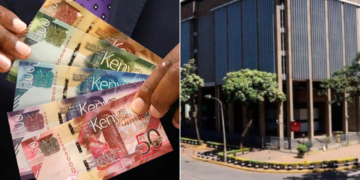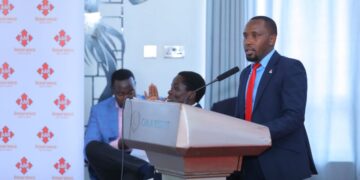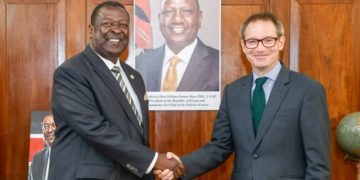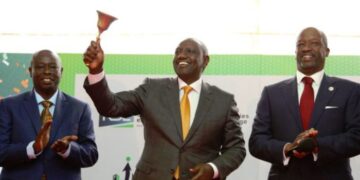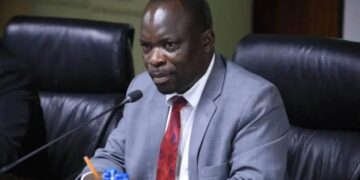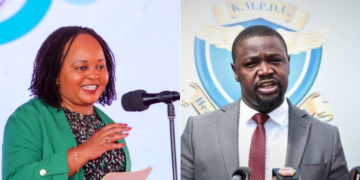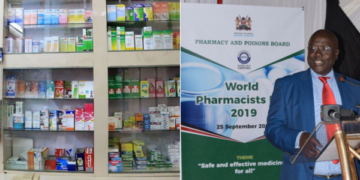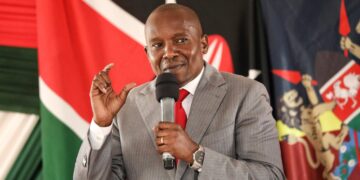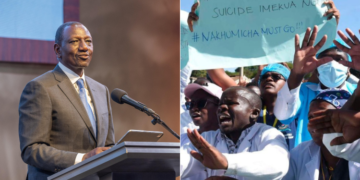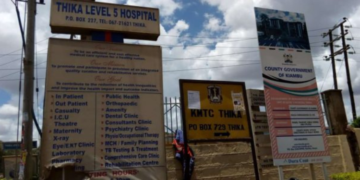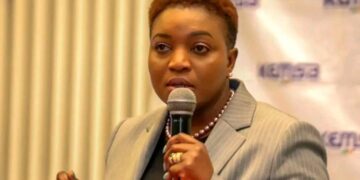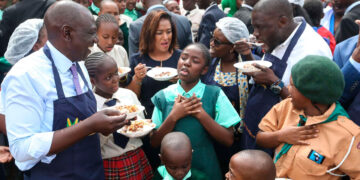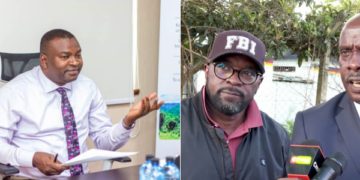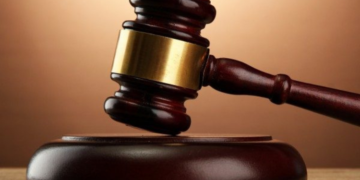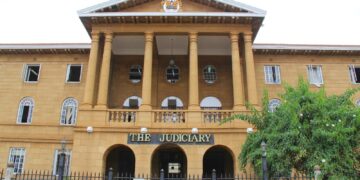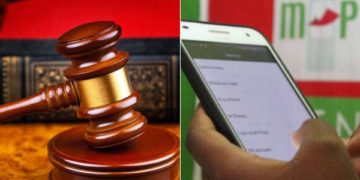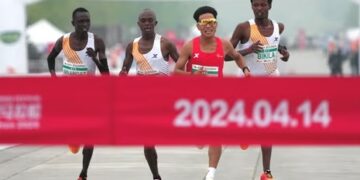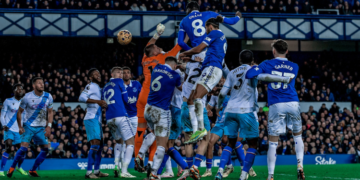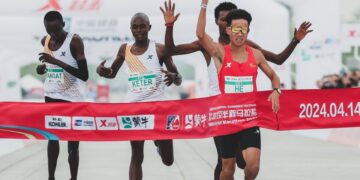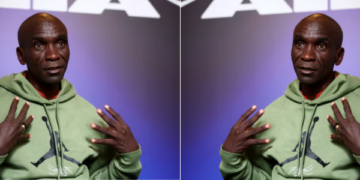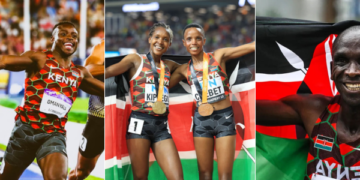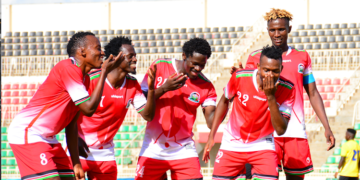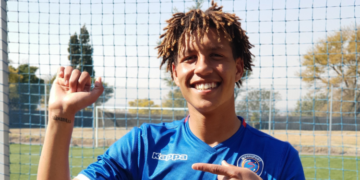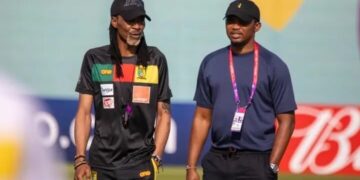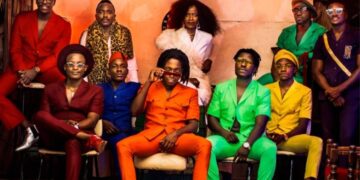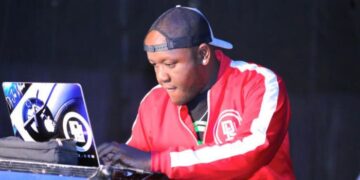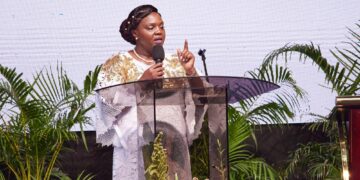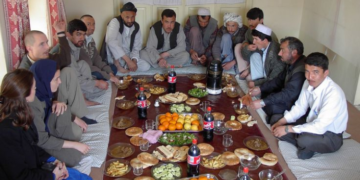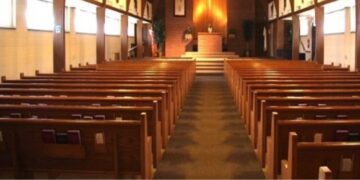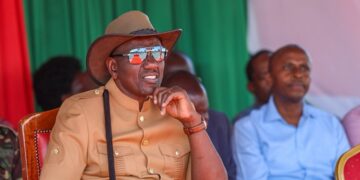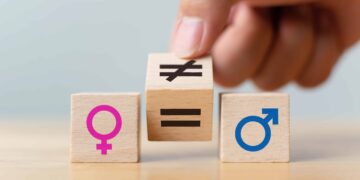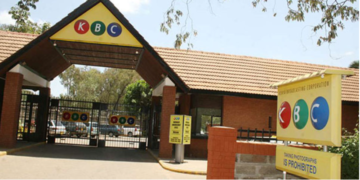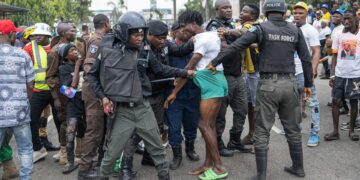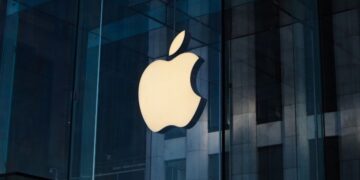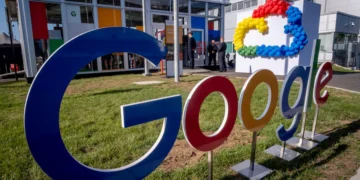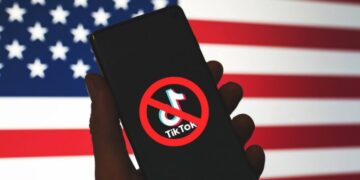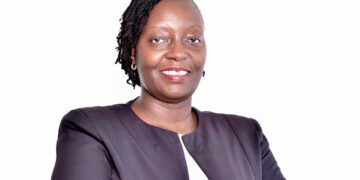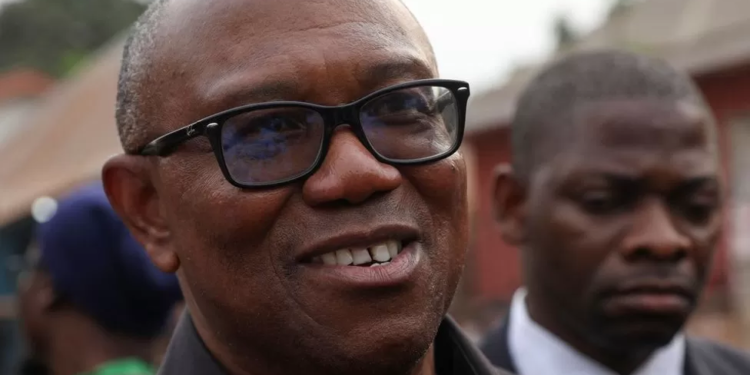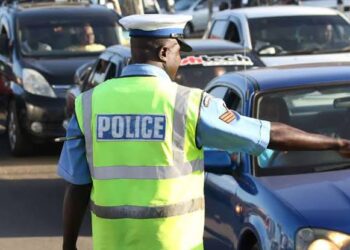The aftermath of Nigeria’s recent presidential elections continues to be a source of tension in the country, with both the second and third-placed candidates threatening to challenge the result in court.
Atiku Abubakar, of the main opposition party, the PDP, called the result “a rape of democracy” after receiving 29% of the vote. Meanwhile, Peter Obi of the Labour Party, who received 25%, told supporters they had been “robbed” of victory, and vowed to “prove it to Nigerians.” The winner of the election was Bola Tinubu of the ruling APC party, who received 37% of the vote.
I have just finished addressing an international press conference. I urge Nigerians to remain resolute. We won this election and we will prove it to Nigerians. We shall reclaim our mandate via due process. Please do not despair! -PO pic.twitter.com/1O98Z6FF8Q
— Peter Obi (@PeterObi) March 2, 2023
Both Abubakar and Obi have 21 days from the announcement of the results to challenge the outcome at Nigeria’s highest appeal court.
Obi did not reveal what evidence he had to support his challenge, but it is likely to focus on the inability of the Independent National Electoral Commission (INEC) to publish results from polling units in real-time using a new electronic transmission system.
INEC’s guideline for the election stated that results from each of the more than 176,000 polling stations would be electronically transmitted to the commission’s collation system and uploaded to its website. However, technical glitches prevented this from happening on the day, with INEC apologizing for the delays.
Despite the challenges, it is not clear whether these issues were significant enough to affect the outcome of the election, as Tinubu won by a margin of approximately 1.8 million votes.
The election was marred by lengthy delays, with some voters queuing through the night to cast their ballots, and voting extended to Sunday in some areas. There were also some reports of armed men attacking polling stations and stealing ballot boxes.
While the focus has been on the presidential election, the legislative and state assembly elections that were held simultaneously with the presidential poll have also been contentious. The PDP has accused the APC of using violence and intimidation to win seats in some states, while the APC has accused the PDP of similar tactics.
The election has been seen as a test of Nigeria’s democracy, and the challenges faced by the country’s electoral commission have highlighted the need for further improvements to the electoral process.
Despite these challenges, there has been widespread recognition of the high turnout of voters, especially among young people, who have been vocal in their desire for change.
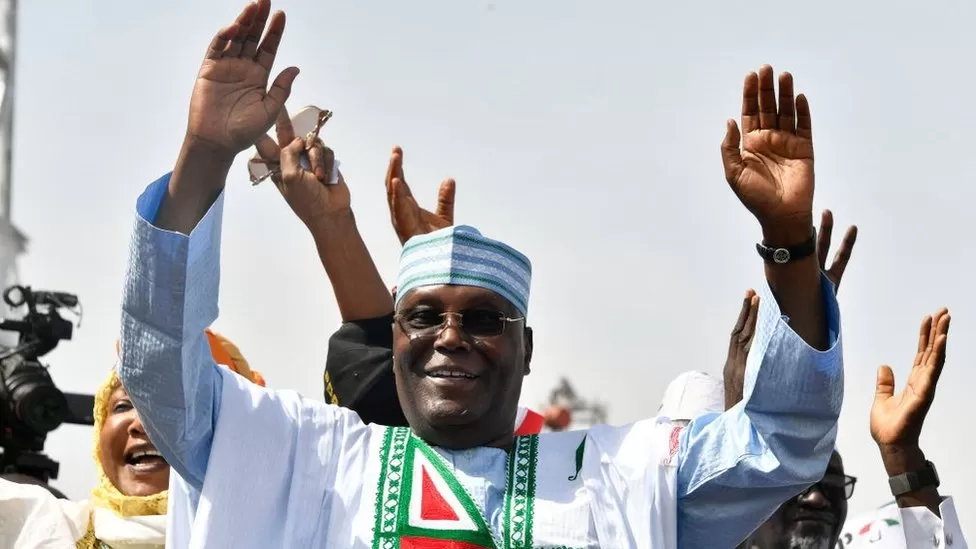
Obi, in particular, has been seen as a fresh face in Nigerian politics, and his strong showing in the election has been attributed to his popularity among young people, especially in the south, who feel they have been let down by previous generations of political leaders. He was with the PDP until last year and was the party’s vice-presidential candidate in 2019.
The outcome of the court challenge remains to be seen, but the fact that two of the three main presidential candidates have contested the result is a reflection of the level of dissatisfaction with the electoral process in Nigeria.
It is hoped that the outcome of the court challenge will be accepted by all parties, and that the country can move forward and address the many challenges it faces.


